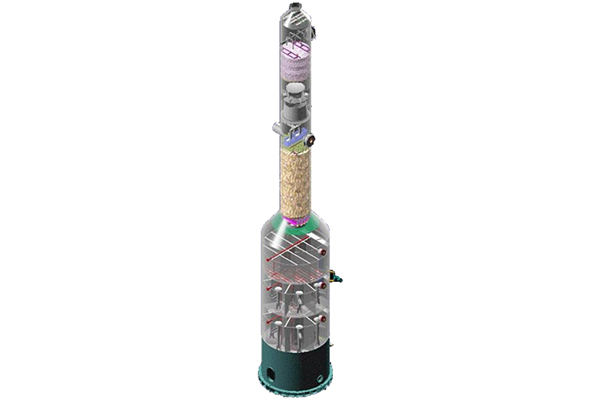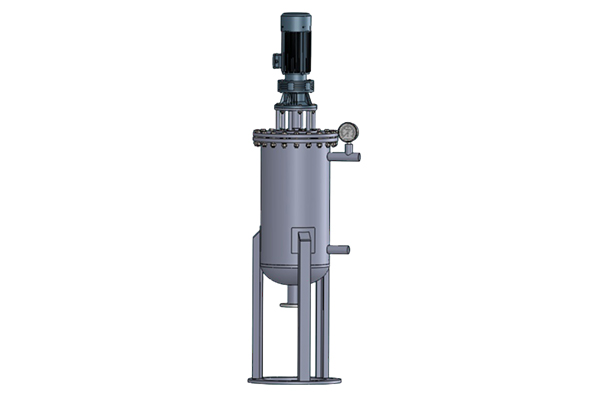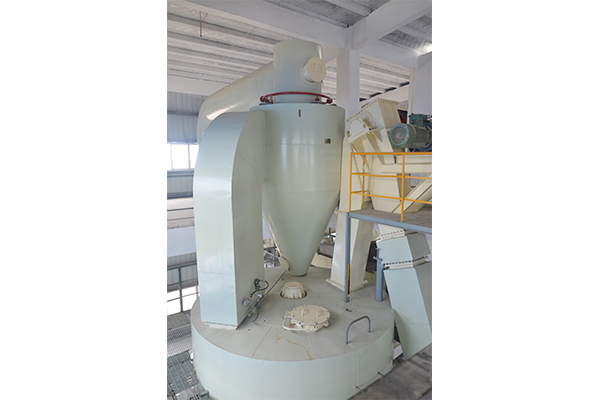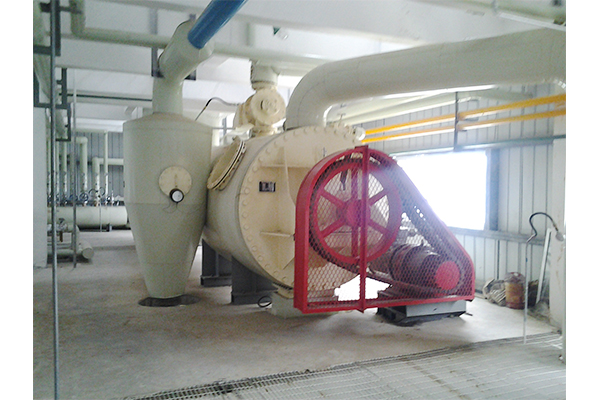How to choose the material of mixed oil filter to balance corrosion resistance and service life?
Release Time : 2025-04-03
In the design and manufacturing process of mixed oil filter, the selection of material is a crucial link. This is not only related to the filtration efficiency of the equipment, but also directly affects its corrosion resistance and service life, which in turn determines the stability and economy of the entire vegetable oil processing production line. Mixed oil filter, as a key equipment for filtering the mixed oil obtained after vegetable oil extraction, its material selection must take into account many considerations.
First of all, we must clarify the working environment of mixed oil filter. In the vegetable oil extraction process, the mixed oil contains a large amount of corrosive components such as organic acids and free fatty acids, which pose a severe challenge to the material of the filter. Therefore, the selected material must have excellent corrosion resistance and be able to resist the erosion of these corrosive substances for a long time to ensure the stable operation of the equipment.
At the same time, mixed oil filter also needs to withstand certain working pressure and temperature. During the filtration process, the mixed oil will flow through various components of the filter, generating certain pressure and temperature fluctuations. This requires that the material must not only be corrosion-resistant, but also have good mechanical properties and thermal stability to ensure that the equipment can maintain a stable filtration effect and service life under various working conditions.
In response to these requirements, mixed oil filters usually use stainless steel or special alloy materials in material selection. Stainless steel has become one of the preferred materials for filter manufacturing due to its excellent corrosion resistance and mechanical properties. It can effectively resist the corrosive components in the mixed oil, and at the same time has good toughness and strength, ensuring that the equipment can operate stably under high pressure and high temperature environments.
In addition to stainless steel, some special alloy materials are also widely used in the manufacture of mixed oil filters. These alloy materials further improve the corrosion resistance and mechanical properties of the material by adding specific alloying elements. For example, some alloy steels containing elements such as molybdenum and nickel not only have excellent corrosion resistance, but also have good heat resistance and wear resistance, which can greatly extend the service life of the filter.
In addition, in order to improve the corrosion resistance and service life of the mixed oil filter, manufacturers will also perform special treatment on the surface of the material. For example, a protective film is formed on the surface of the material using processes such as electroplating and spraying to further isolate the erosion of corrosive substances. At the same time, by optimizing the internal structure of the material, such as refining the grains and improving the density, the corrosion resistance and mechanical properties of the material can also be effectively improved.
In summary, the material selection of mixed oil filter must take into account both corrosion resistance and service life. By using stainless steel or special alloy materials, surface treatment and optimization of internal structure, the filter can maintain a stable filtering effect and service life in harsh working environments, providing a strong guarantee for the stable operation of the vegetable oil processing production line. This not only improves production efficiency and economy, but also lays a solid foundation for the sustainable development of the vegetable oil industry.
First of all, we must clarify the working environment of mixed oil filter. In the vegetable oil extraction process, the mixed oil contains a large amount of corrosive components such as organic acids and free fatty acids, which pose a severe challenge to the material of the filter. Therefore, the selected material must have excellent corrosion resistance and be able to resist the erosion of these corrosive substances for a long time to ensure the stable operation of the equipment.
At the same time, mixed oil filter also needs to withstand certain working pressure and temperature. During the filtration process, the mixed oil will flow through various components of the filter, generating certain pressure and temperature fluctuations. This requires that the material must not only be corrosion-resistant, but also have good mechanical properties and thermal stability to ensure that the equipment can maintain a stable filtration effect and service life under various working conditions.
In response to these requirements, mixed oil filters usually use stainless steel or special alloy materials in material selection. Stainless steel has become one of the preferred materials for filter manufacturing due to its excellent corrosion resistance and mechanical properties. It can effectively resist the corrosive components in the mixed oil, and at the same time has good toughness and strength, ensuring that the equipment can operate stably under high pressure and high temperature environments.
In addition to stainless steel, some special alloy materials are also widely used in the manufacture of mixed oil filters. These alloy materials further improve the corrosion resistance and mechanical properties of the material by adding specific alloying elements. For example, some alloy steels containing elements such as molybdenum and nickel not only have excellent corrosion resistance, but also have good heat resistance and wear resistance, which can greatly extend the service life of the filter.
In addition, in order to improve the corrosion resistance and service life of the mixed oil filter, manufacturers will also perform special treatment on the surface of the material. For example, a protective film is formed on the surface of the material using processes such as electroplating and spraying to further isolate the erosion of corrosive substances. At the same time, by optimizing the internal structure of the material, such as refining the grains and improving the density, the corrosion resistance and mechanical properties of the material can also be effectively improved.
In summary, the material selection of mixed oil filter must take into account both corrosion resistance and service life. By using stainless steel or special alloy materials, surface treatment and optimization of internal structure, the filter can maintain a stable filtering effect and service life in harsh working environments, providing a strong guarantee for the stable operation of the vegetable oil processing production line. This not only improves production efficiency and economy, but also lays a solid foundation for the sustainable development of the vegetable oil industry.








